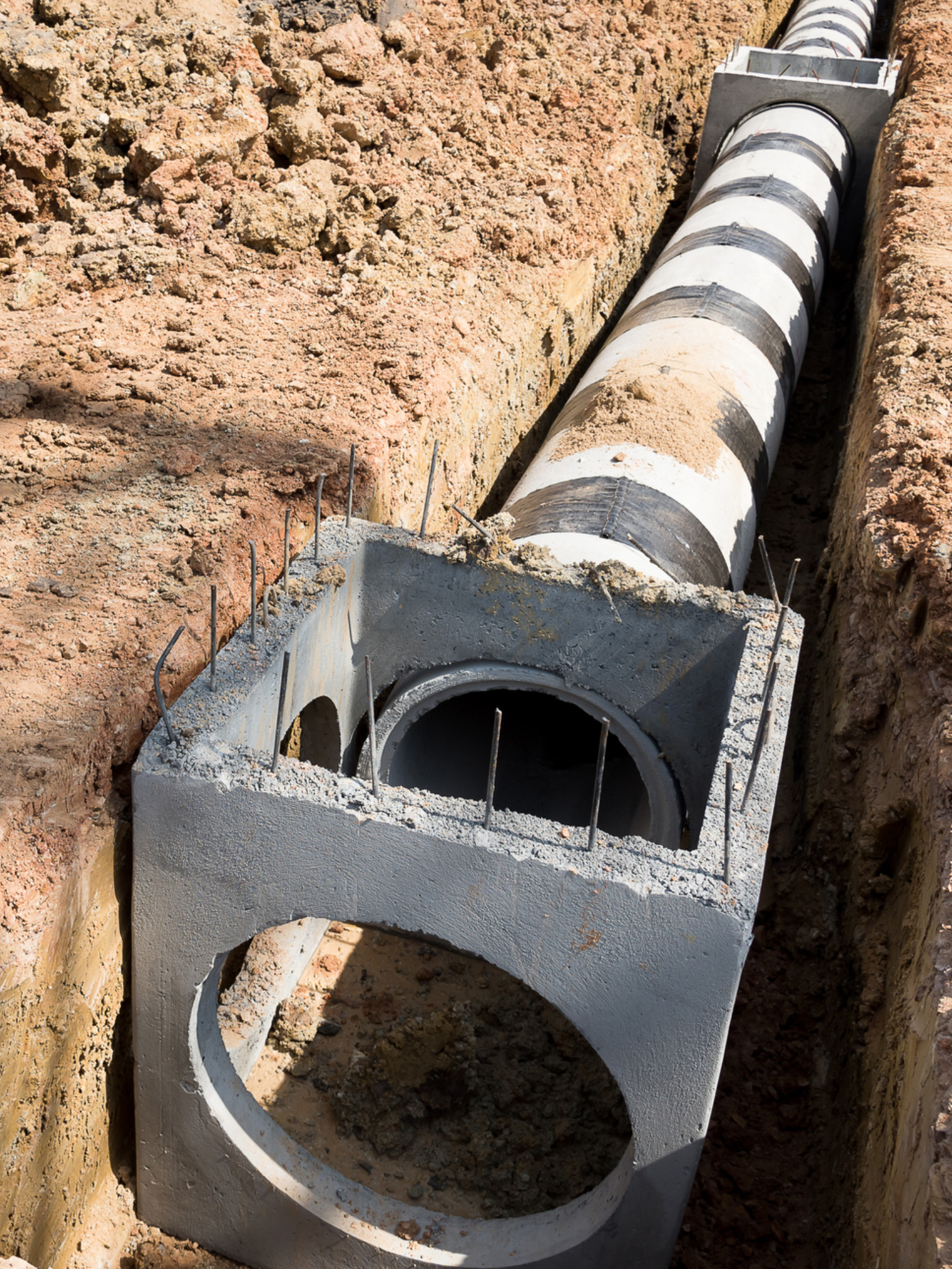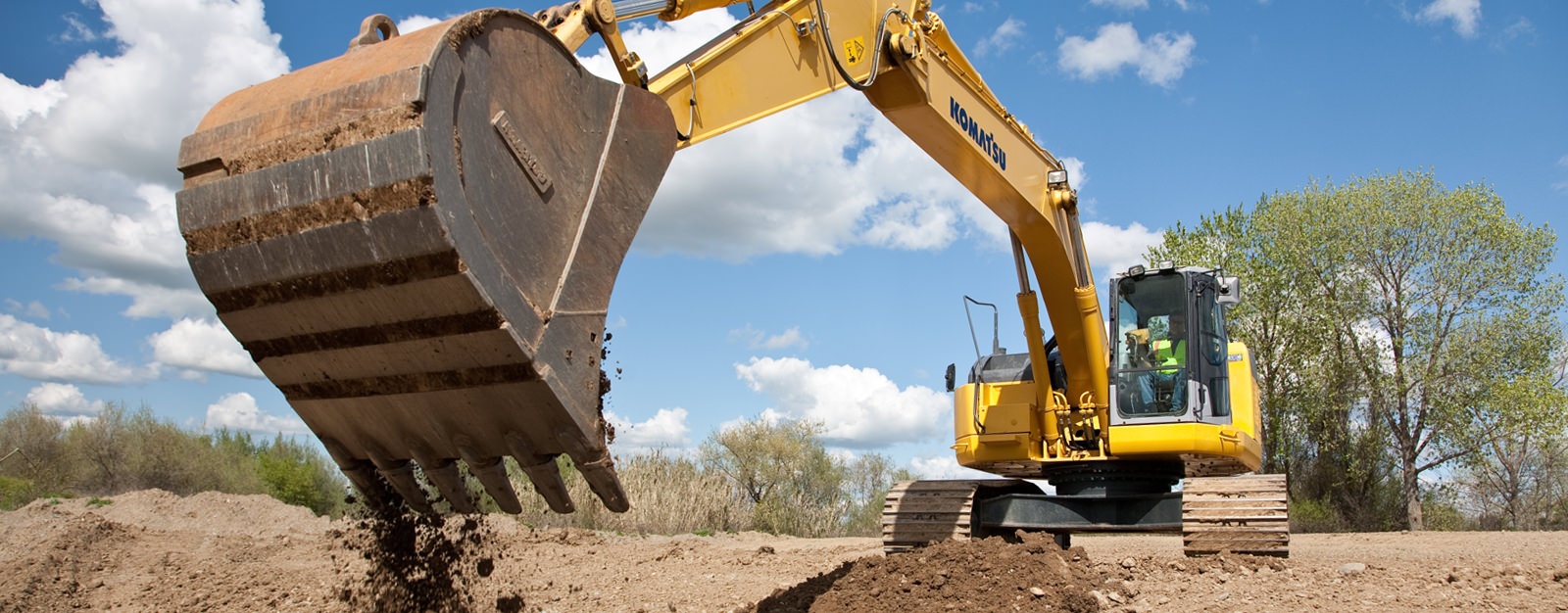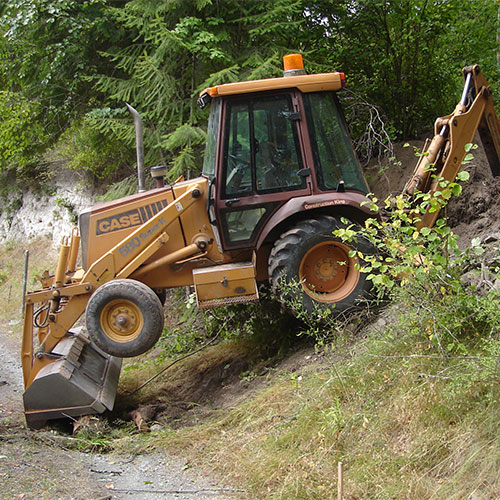Best Dump Truck Companies in Ohio - Top-Rated Dump Truck Providers
Best Dump Truck Companies in Ohio - Top-Rated Dump Truck Providers
Blog Article
Comprehensive Excavation Strategies: Mastering the Fundamentals for Success
In the realm of construction and civil engineering, the value of effective excavation strategies can not be overemphasized. The mindful planning, exact implementation, and careful focus to detail needed in excavation tasks require a detailed approach that includes different basic facets. From preliminary dirt analysis to the execution of safety and security actions and normal development tracking, mastering these core aspects is essential for accomplishing success in any type of excavation undertaking. The real proficiency lies not merely in understanding these principles yet in seamlessly integrating them to navigate the complexities of excavation projects with skill.
Recognizing Excavation Job Planning

Effective excavation projects are constructed on the foundation of comprehensive and precise planning. The initial phase of any type of excavation task is the planning phase, where crucial choices are made that can substantially impact the end result of the job. During this phase, it is necessary to gather all appropriate info about the site, consisting of topographical surveys, dirt composition, and any kind of potential dangers that might exist. Recognizing the job timeline, range, and spending plan restraints is important for developing a comprehensive excavation strategy that guarantees the task's success.
One trick facet of excavation task planning is the development of a thorough timeline that describes the sequence of target dates, activities, and milestones. By carefully considering all these aspects during the preparation stage, excavation tasks can be performed successfully and efficiently, leading to effective outcomes - dump truck companies in ohio.
Dirt Analysis and Website Examination
Conducting complete dirt evaluation and site examination is a crucial action in the prep work stage of any type of excavation task. Soil analysis includes establishing the structure, framework, and homes of the dirt at the excavation website. This details is vital for understanding the soil's bearing capacity, wetness material, and potential for erosion, which are essential aspects in establishing the excavation approaches and tools required for the project.
Website examination exceeds dirt evaluation and incorporates a broader assessment of the overall site conditions. This examination consists of recognizing any kind of possible dangers, such as below ground utilities, environmental concerns, or unsteady terrain, that could affect the excavation process. By thoroughly assessing the site, project supervisors can create efficient excavation approaches that focus on security, efficiency, and environmental defense.
Using innovative innovations like ground-penetrating radar, dirt sampling, and drone studies can enhance the accuracy and performance of soil analysis and website analysis. Investing time and resources in these initial steps can eventually save time and prevent expensive delays or problems during the excavation procedure.
Tools Choice and Utilization
Effective excavation projects count greatly on calculated equipment option and use to make sure optimum efficiency and efficiency. Choosing the appropriate tools for the task is essential in maximizing effectiveness and minimizing downtime. Factors such as the sort of dirt, depth of excavation, and project range play a significant role in determining the most ideal equipment for the job handy.

Along with selecting the proper equipment, appropriate application is key to project success. Operators needs to be educated to deal with the devices safely and effectively - lancaster excavation. Regular upkeep checks and prompt fixings aid protect against break downs and guarantee consistent performance throughout the task
Precaution and Regulations Conformity
In the world of excavation jobs, focusing on safety and security steps and conformity with policies is extremely important to making sure a protected and legally audio operational environment. Precaution encompass a variety of techniques, including conducting comprehensive site assessments, applying appropriate signage and obstacles, and supplying appropriate safety training for all employees included in the excavation process. Adherence to policies, such as OSHA demands in redirected here the United States, makes sure that the excavation job fulfills the needed criteria to secure workers, spectators, and the surrounding atmosphere.

Surveillance Development and Adjusting Approaches
Just how can forecast supervisors effectively track the development of excavation projects and adjust their approaches as necessary to maximize results? Monitoring progression is crucial for making certain that excavation tasks remain on track and meet deadlines. Task supervisors can use numerous tools and techniques to track progression, such as day-to-day progress records, regular website assessments, and advanced tracking innovations like drones and GPS tracking systems. By continually keeping an eye on the project's development, managers can identify any type of potential hold-ups or issues at an early stage and take proactive actions to address them.

Verdict
To conclude, mastering the principles of detailed excavation methods is vital for the success of any task. By comprehending project preparation, examining dirt and site problems, choosing ideal tools, following safety and security regulations, and checking development, task managers can make certain a smooth and reliable excavation procedure. Carrying out these strategies will certainly result in successful results and minimize prospective risks or obstacles during the excavation project.
The preliminary stage of any excavation task is the planning phase, where vital choices are made that can considerably influence the outcome of the job. Understanding the task budget plan, timeline, and extent restraints is vital for producing a thorough excavation plan that guarantees the task's success.
Exactly how can predict managers efficiently track the development of excavation projects and adjust their methods as necessary to maximize outcomes? By closely keeping an eye on progress and being ready to adjust approaches, task supervisors can enhance the overall success of excavation jobs.
By recognizing task preparation, assessing dirt and website conditions, selecting appropriate equipment, complying with safety policies, and checking progression, task supervisors can make sure a smooth and reliable excavation process.
Report this page